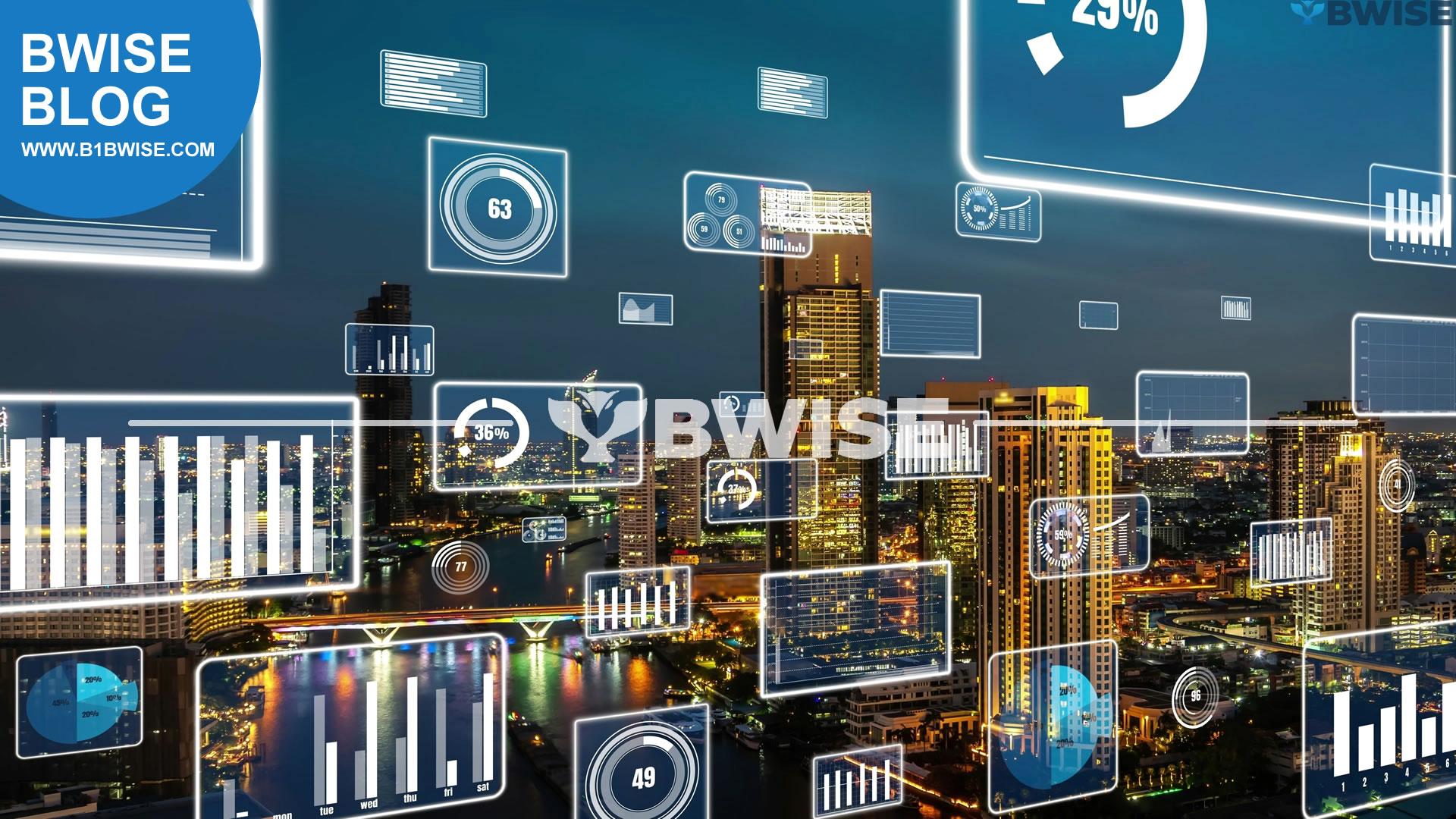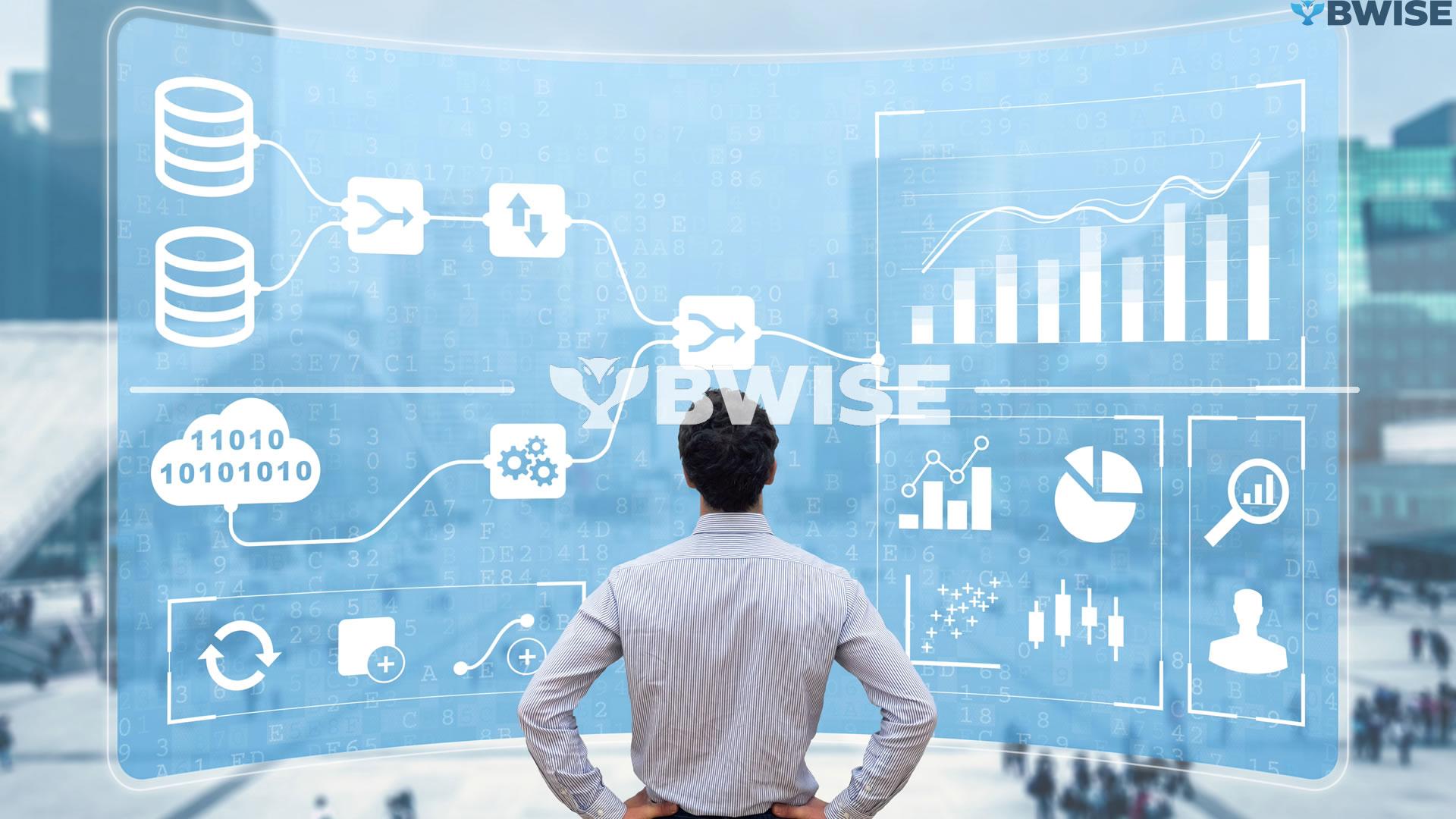
Enterprise Resource Planning (ERP) is the cornerstone of modern business management, orchestrating critical organizational functions. At its essence, ERP is a comprehensive software solution designed to integrate and streamline core business processes, including finance, human resources, procurement, manufacturing, and supply chain management.
In today’s fast-paced and hyper-competitive business environment, the importance of ERP cannot be overstated. As businesses grapple with increasing complexity and the need for agility, ERP systems provide a centralized platform for data management, decision-making, and operational efficiency. By consolidating disparate systems and automating routine tasks, ERP empowers organizations to optimize resource allocation, enhance productivity, and drive strategic growth initiatives.
Moreover, the evolving landscape of ERP reflects the dynamic nature of modern business operations. Traditional ERP systems, characterized by monolithic architectures and on-premises deployments, are giving way to more flexible, modular, and cloud-based solutions. Cloud ERP offers scalability, accessibility, and cost-efficiency, allowing businesses to adapt to changing needs and seize new opportunities with agility.
Additionally, the emergence of advanced technologies such as artificial intelligence (AI), machine learning, and the Internet of Things (IoT) is reshaping the capabilities of ERP systems. AI-powered analytics enable predictive insights and recommendations, empowering organizations to anticipate market trends, optimize processes, and drive innovation. Meanwhile, IoT integration allows real-time monitoring of assets, enhanced supply chain visibility, and proactive maintenance, further strengthening the value proposition of ERP.
ERP trends underscore the transformative impact of technology on modern business management. As organizations navigate the complexities of a digital age, ERP systems are essential tools for driving operational excellence, fostering innovation, and achieving sustainable growth. By embracing emerging trends and leveraging the power of ERP, businesses can position themselves for success in an increasingly competitive landscape.
Built-In Artificial Intelligence (AI) in ERP
In Enterprise Resource Planning (ERP), the integration of Artificial Intelligence (AI) stands as a transformative force, revolutionizing how businesses manage operations, make decisions, and drive growth. As AI becomes increasingly embedded within ERP systems, organizations are unlocking new avenues for innovation, efficiency, and competitive advantage.
Integration of AI into ERP systems
Integrating AI into ERP systems represents a paradigm shift in business management. Traditionally, ERP systems served as data repositories, facilitating transactional processes and generating reports. However, with the infusion of AI capabilities, ERP systems evolve into intelligent platforms capable of analyzing data, extracting insights, and driving proactive decision-making.
AI is seamlessly integrated into ERP systems through advanced algorithms and machine learning models. These algorithms analyze vast datasets, identify patterns, and generate actionable recommendations in real-time. Whether predicting customer demand, optimizing inventory levels, or identifying quality issues on the production line, AI-powered ERP systems empower organizations to anticipate challenges and capitalize on opportunities with precision and agility.
Benefits of AI for Quality management and decision-making
The marriage of AI and ERP yields myriad benefits for quality management and decision-making. AI algorithms enable predictive analytics, allowing organizations to forecast trends, anticipate risks, and proactively address issues before they escalate. In quality management, AI-powered ERP systems automate root cause analysis, detect anomalies, and recommend corrective actions, enhancing product quality and customer satisfaction.
Moreover, AI facilitates data-driven decision-making, empowering stakeholders to make informed choices based on real-time insights. By leveraging AI-generated recommendations, organizations can optimize resource allocation, streamline processes, and mitigate operational risks, improving efficiency and profitability.
Examples of AI applications in ERP
The applications of AI in ERP are diverse and far-reaching. In manufacturing, AI-powered ERP systems optimize production schedules, predict equipment failures, and optimize supply chain logistics. AI algorithms analyze financial data, detect fraudulent transactions, and forecast market trends in finance. In human resources, AI-powered ERP systems automate recruitment processes, identify talent gaps, and personalize employee training programs.
One notable example of AI application in ERP is in predictive maintenance. By analyzing equipment performance data and identifying patterns indicative of impending failures, AI-powered ERP systems enable organizations to schedule maintenance proactively, minimize downtime, and optimize asset utilization.
Potential challenges and considerations
Despite AI’s promise in ERP, organizations must navigate potential challenges and considerations. Data privacy and security are paramount concerns, as AI algorithms rely on vast amounts of sensitive data for analysis. Ensuring compliance with data protection regulations and implementing robust cybersecurity measures are imperative to safeguarding against potential breaches.
Moreover, the complexity of AI algorithms and the need for skilled data scientists pose challenges in implementation and maintenance. Organizations must invest in training programs and talent acquisition to build AI capabilities internally or collaborate with external partners to harness the full potential of AI-powered ERP systems.
Integrating AI into ERP systems heralds a new era of intelligent business management. By leveraging AI capabilities for quality management, decision-making, and operational optimization, organizations can unlock new efficiency, innovation, and competitiveness levels. However, navigating potential challenges and considerations is crucial to realizing the full benefits of AI-powered ERP systems and driving sustainable growth in the digital age.

No-Code Software and Customization in ERP
As the Enterprise Resource Planning (ERP) landscape continues to evolve, the shift towards no-code software solutions is a notable trend gaining traction. These platforms empower users to customize and tailor ERP systems to their specific needs without requiring extensive programming knowledge. This article explores the rise of no-code software in ERP, its advantages, and its impact on quality management and regulatory compliance.
Shift towards no-code software solutions
Traditionally, ERP customization involved complex coding and programming, often requiring specialized skills and resources. However, no-code software has democratized the customization process, enabling users with varying technical expertise to modify ERP systems effortlessly. This shift towards no-code solutions reflects a broader trend toward agility, flexibility, and user empowerment in modern business management.
Advantages of no-code platforms for ERP customization
No-code platforms offer several advantages for ERP customization. Firstly, they reduce dependency on IT departments and external consultants, allowing business users to make changes independently and expedite implementation timelines. Additionally, no-code solutions streamline the customization process, enabling organizations to adapt quickly to changing business requirements and market dynamics. Moreover, no-code platforms promote innovation and experimentation, fostering a culture of continuous improvement within organizations.
Impact on Quality Event Management (QEM) and regulatory compliance
Adopting no-code software in ERP has significant implications for Quality Event Management (QEM) and regulatory compliance. No-code platforms empower organizations to tailor QEM functionalities to meet regulatory requirements and industry standards by providing users with the flexibility to customize workflows, forms, and processes. This customization capability ensures that ERP systems comply with evolving regulations while facilitating efficient incident management and corrective action processes.
Connected Manufacturing Data and Integration with ERP
In modern manufacturing, the effective management and utilization of data have emerged as critical factors driving operational excellence and competitive advantage. This article delves into the significance of connected manufacturing data and its integration with Enterprise Resource Planning (ERP) systems. It highlights the importance of data connectivity, the integration of Manufacturing Execution Systems (MES) with ERP, and the value of real-time analytics for operational optimization.
Importance of data connectivity in manufacturing
In today’s digitized manufacturing landscape, data connectivity is pivotal in enabling seamless communication and collaboration across various stages of the production process. From shop floor operations to supply chain management, interconnected data streams facilitate real-time monitoring, proactive decision-making, and continuous improvement initiatives. By establishing robust data connectivity frameworks, manufacturers can leverage the power of data to enhance productivity, quality, and agility in response to market demands.
Integration of Manufacturing Execution Systems (MES) with ERP
Integrating Manufacturing Execution Systems (MES) with ERP systems represents a key enabler of data connectivity and operational efficiency in manufacturing environments. MES platforms capture granular data from shop floor operations, including production schedules, equipment performance, and quality metrics. Manufacturers gain comprehensive visibility into production processes by seamlessly integrating MES data with ERP systems, enabling end-to-end traceability, optimized resource utilization, and streamlined decision-making.
Real-time analytics and insights for operational optimization
One of the primary benefits of connected manufacturing data and ERP integration is the generation of real-time analytics and insights. By harnessing data analytics tools and machine learning algorithms, manufacturers can derive actionable intelligence from disparate data sources, uncovering trends, patterns, and opportunities for operational optimization. Real-time insights empower decision-makers to identify inefficiencies, mitigate risks, and capitalize on emerging market trends, driving continuous improvement and sustainable growth.
Connected manufacturing data and integration with ERP systems are indispensable components of modern manufacturing strategy. By embracing data connectivity, integrating MES with ERP, and leveraging real-time analytics, manufacturers can unlock new efficiency, agility, and competitiveness levels in today’s dynamic business landscape. As the digital transformation of manufacturing accelerates, organizations that harness the power of connected data will emerge as leaders in their respective industries, poised for success in an increasingly interconnected world.
Future Outlook and Emerging Trends in ERP
As we look ahead to the future of Enterprise Resource Planning (ERP), several key trends are poised to shape the trajectory of ERP technology. Cloud migration, AI-driven decision-making, and sustainability integration are prominent emerging trends with significant implications for manufacturing businesses.
Cloud migration represents a fundamental shift in ERP deployment, offering scalability, accessibility, and cost-efficiency. Similarly, AI-driven decision-making leverages advanced analytics to empower organizations with actionable insights for enhanced operational efficiency and strategic planning. Moreover, sustainability integration within ERP systems aligns with growing environmental consciousness, driving initiatives to reduce carbon footprint and optimize resource utilization.
These emerging trends have profound implications for strategic planning and competitive positioning for manufacturing businesses. Manufacturers can drive growth, innovation, and resilience in an increasingly dynamic marketplace by embracing cloud-based ERP solutions, harnessing the power of AI-driven analytics, and integrating sustainability principles into their operations.
To effectively leverage these ERP trends, manufacturing businesses should prioritize investments in technology infrastructure, talent development, and organizational alignment. By fostering a culture of innovation, embracing digital transformation, and forging strategic partnerships, manufacturers can position themselves for success in the evolving landscape of ERP technology.
Importance of staying abreast of ERP trends
Staying abreast of ERP trends is essential for manufacturing businesses seeking a competitive edge in the digital age. As ERP technology evolves, companies must embrace emerging trends such as cloud migration, AI-driven decision-making, and sustainability integration to drive operational excellence and foster innovation.
By staying informed about the latest developments in ERP, organizations can capitalize on new opportunities, mitigate risks, and adapt to changing market dynamics with agility. Moreover, leveraging innovative ERP solutions empowers businesses to optimize resource allocation, enhance productivity, and achieve sustainable growth in an increasingly interconnected world.
ERP stands as a transformative force shaping the future of manufacturing. As businesses navigate the complexities of a digital age, ERP systems are essential tools for driving operational excellence, fostering innovation, and achieving sustainable growth. By embracing emerging trends and harnessing the power of ERP, manufacturing businesses can position themselves for success in an ever-evolving business landscape, poised to lead the charge toward a more efficient, agile, and competitive future.
